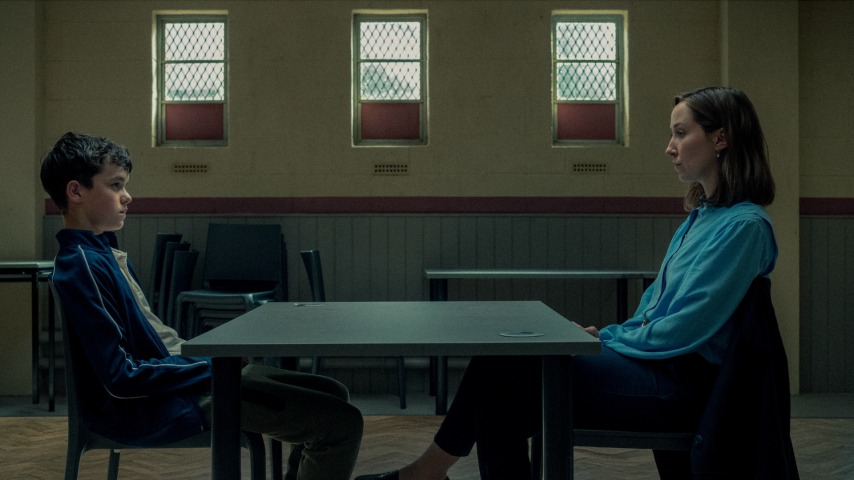Incel Culture Explored in Netflix Series
The show's exploration of incel culture and toxic masculinity has raised important questions about the role of fiction in reflecting real-world tensions and ideologies, and the need for responsible storytelling that prioritizes the well-being of cast and crew.

The Netflix series "Adolescence" has sparked a timely conversation about the impact of toxic masculinity and incel culture on young minds, exploring the motivations behind a 13-year-old boy's actions in a gripping crime drama.
The show delves into the vulnerabilities of a teenager susceptible to the pervasive ideology of the manosphere and incel culture, affecting his relationships and community. The series is not based on a specific true story but was inspired by several real-life incidents, making it a thought-provoking drama that sheds light on the human impact of toxic masculinity.
However, the show's creators and cast members have faced online hate, public mobbing, and threats, highlighting the dangers of creating content that tackles sensitive topics. The show's subject matter, which involves the violent radicalization of young men, has sparked controversy and raised questions about the treatment of creatives in the industry.
The incident has also sparked a wider discussion about the importance of protecting creatives from intense attention and the need for streamers like Netflix to take responsibility for the well-being of their cast and crew. The show's production company, Plan B, has come under scrutiny for its handling of the cast's safety and support after the show's release.
As the conversation around "Adolescence" continues, it is clear that the show has struck a chord, highlighting the need for a nuanced discussion about the impact of toxic masculinity and incel culture on young minds and the importance of protecting creatives in the industry.